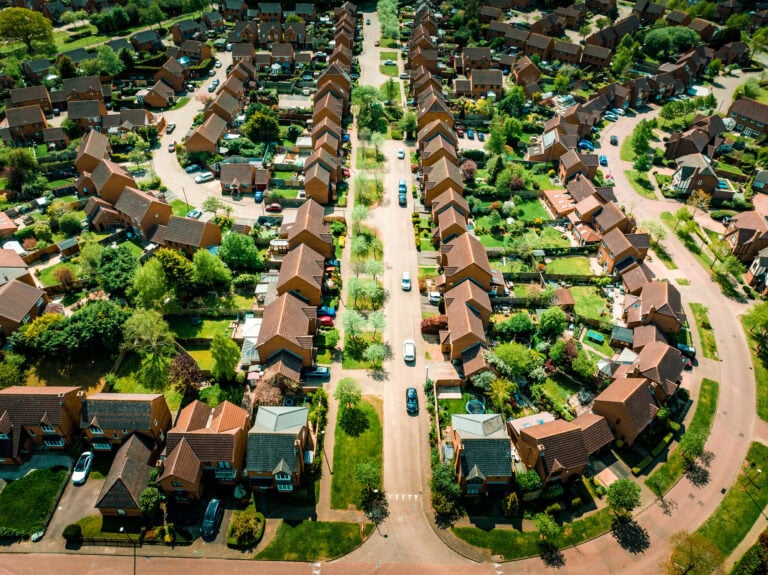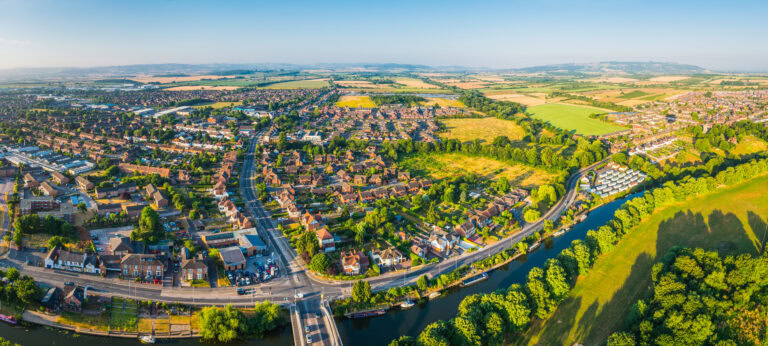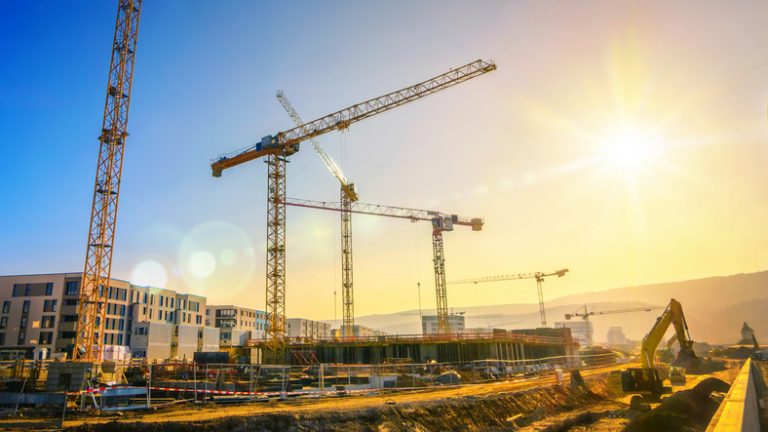Building the case for Net Zero: Closing the gap towards net zero carbon new-build homes

The UK Government has committed to building 300,000 new homes per year by the mid-2020s, yet the Climate Change Committee’s Progress Report to Parliament in 2022 identified current policies to decarbonise new homes as inadequate in meeting the UK’s net zero target. New homes must be designed to achieve best practice targets from today, to enable net zero carbon homes as soon as possible in the future.
UKGBC’s report ‘Building the case for Net Zero: Closing the gap towards net Zero Carbon new-build homes’ examines the design and cost implications of significantly reducing carbon across new homes on a low-rise 750-home residential development. This report is based on the same real-world proposed residential scheme in Cambridgeshire, Trumpington South, as our Building the Case for Net Zero: A case study for low-rise residential developments study, which focuses on reducing carbon in the masterplan. The reports are designed to complement one another and show the importance of considering the carbon impacts of both the individual homes and the masterplan together.
The study provides insight into the challenges and opportunities industry will face as we close the gap between current new home delivery and genuine net zero carbon homes. The scope of the report includes both embodied carbon – structure and façade, and material selection – and operational energy and carbon – including building fabric and services as well as heating systems and renewables – and was based on capital costs in a 2021 context.
The report aims to help local authorities, investors, developers and housebuilders – as well as stakeholders across the value chain – to better understand how to close the gap towards net zero carbon new-build homes. It is also relevant to national policy makers, as – at the time of writing – the Government prepares the consultation on the Future Homes Standard 2025.
This report was only possible due to the support of our 2021-22 Advancing Net Zero Programme Partners, we’d like to thank them for their support.

Related downloads
Download Summary Report
Download Technical Report
Related
Building the Case for Net Zero: A case study for low-rise residential developments.

Building the Case for Net Zero Buildings

Paradise 11

Urban Heat Island Web Map

